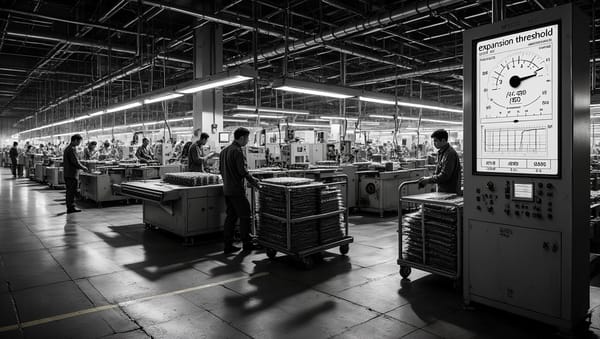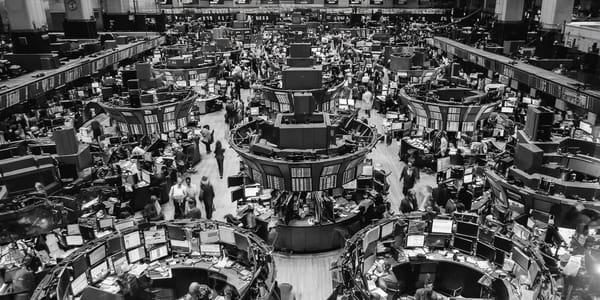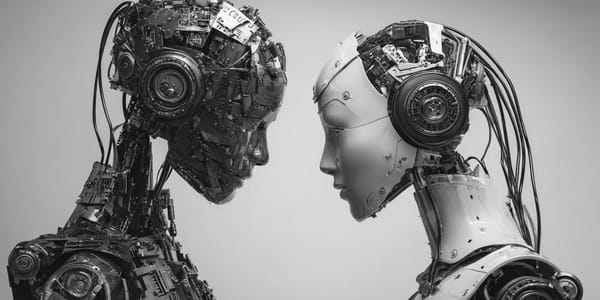AI Stock Market Wobble Brings Back Memories of Dot-Com Crash

The S&P 500 and tech-heavy Nasdaq indices have begun to fall, with the Nasdaq 100 dropping more than 10% into correction territory. This recent market behavior is drawing comparisons to events that happened exactly 25 years ago when the dot-com bubble burst on March 24, 2000.
Between August 1995 and March 2000, the S&P 500 nearly tripled while the Nasdaq 100 soared 718%. Then came the crash. By October 2002, the Nasdaq had lost over 80% of its value, and the S&P 500 had roughly halved.
Today's market shows similar patterns but with artificial intelligence replacing the internet as the revolutionary technology driving investor excitement. Since October 2022, the S&P 500 has risen 72%, adding more than $22 trillion in market value before starting to decline last month.
"Investors have two emotions: fear and greed," says billionaire venture capitalist Vinod Khosla. "I think we've moved from fear to greed. When you get greed, you get indiscriminate valuations."
However, experts note key differences between now and the dot-com era. Today's tech rally, while substantial, hasn't reached the extreme heights seen in the late 1990s. Additionally, the AI boom centers around established, profitable companies rather than speculative startups.
The major players in the current tech surge include:
- Alphabet
- Amazon
- Apple
- Meta
- Microsoft
- Nvidia
These tech giants plan to invest a combined $300 billion in AI development this year alone. Yet they're still projected to generate $234 billion in free cash flow despite this massive spending.
Nobel Prize-winning economist Daron Acemoglu points out another parallel: "There was a lot of hype around the internet, which materialized well before anybody had a business model for making money from the internet. That's why you had the internet boom and the internet bust."
Recent moves by AI heavyweight Nvidia illustrate the current tech race. The company just opened the Nvidia Accelerated Quantum Research Center in Boston, one of the largest corporate quantum computing investments to date. CEO Jensen Huang has changed his outlook, now seeing quantum computing as a nearer-term complement to AI rather than a distant technology.




